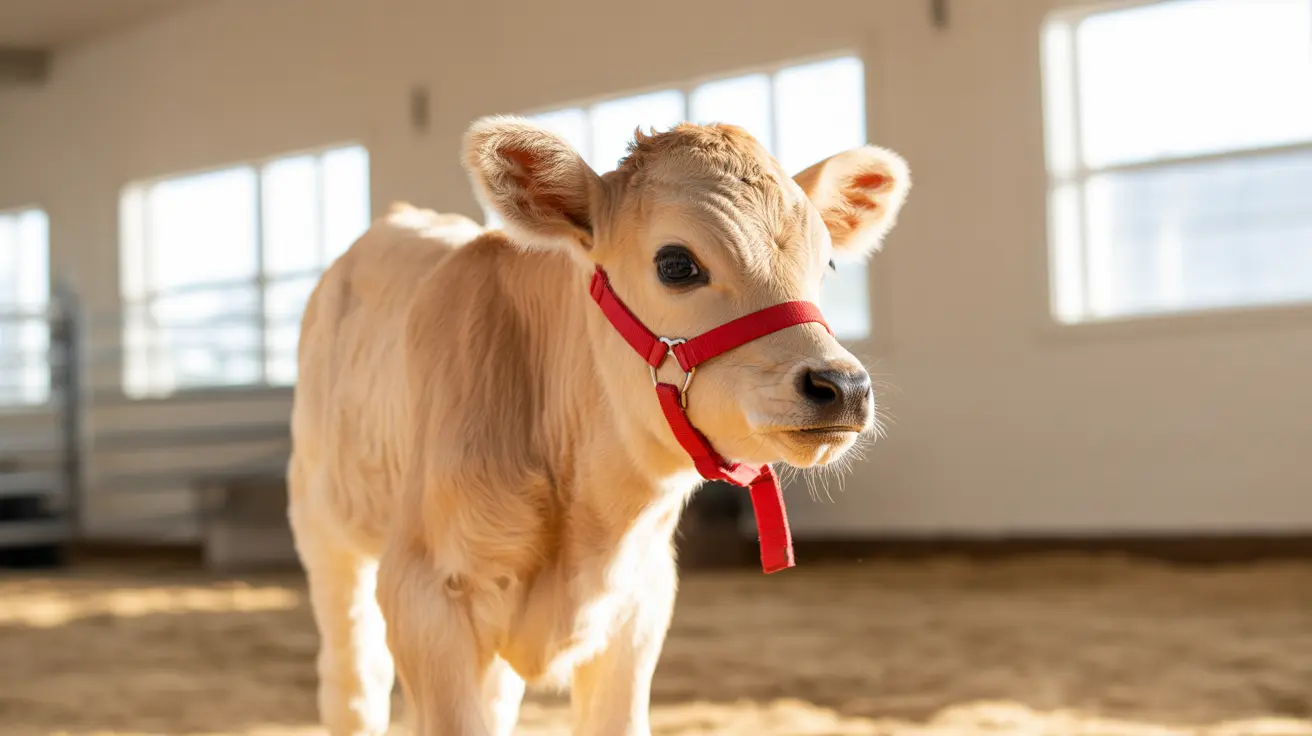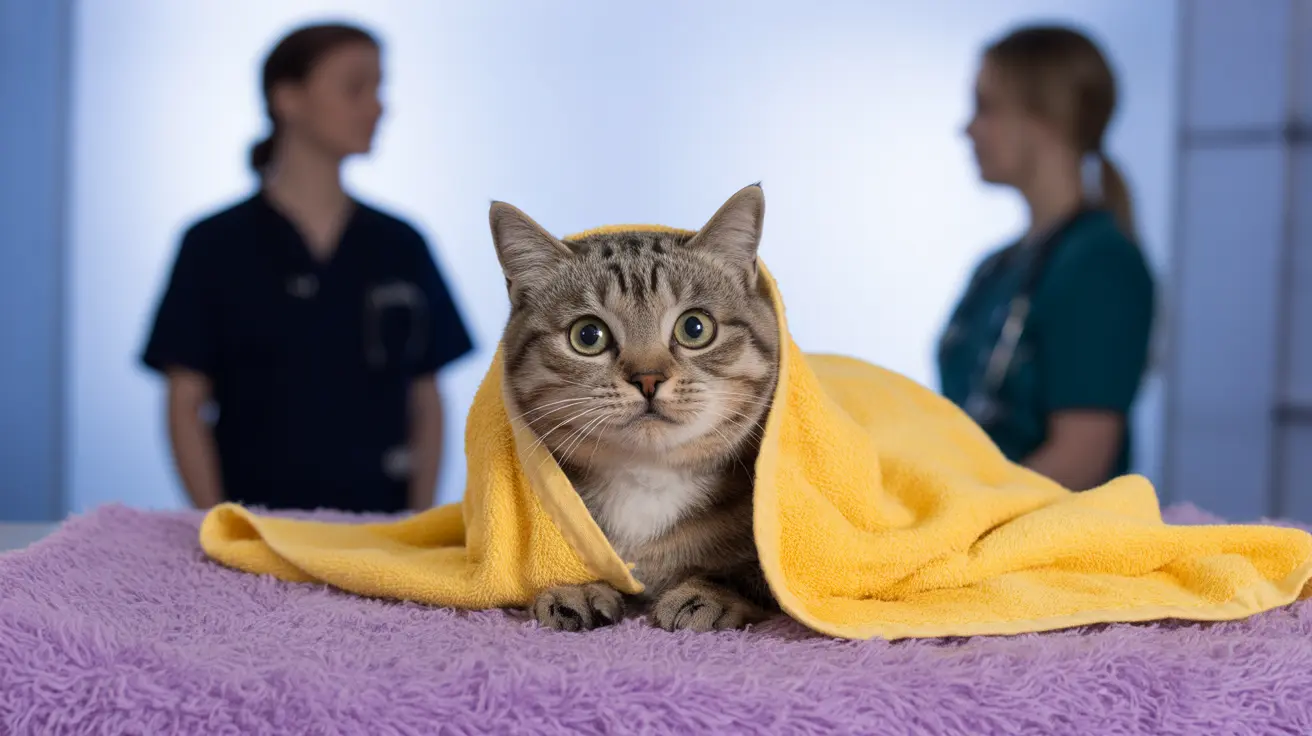What do cat fleas hate the most?
Cat fleas hate strong scents like citrus, cedarwood, and lavender, as well as dry environments and consistent grooming with flea treatments.
What Do Cat Fleas Hate the Most?
Fleas are a persistent nuisance for pet owners, especially those with cats. Understanding what cat fleas hate the most can help in creating an effective plan to prevent infestations and keep your pets comfortable and healthy. Knowing their aversions allows for natural, non-toxic methods of repelling them, in addition to conventional veterinary treatments. In this article, we’ll explore the enemies of cat fleas and how you can use them to your advantage.
1. Strong and Natural Scents
Fleas have an extremely sensitive sense of smell, which makes them averse to many natural scents that are harmless to humans and pets.
- Citrus: Oranges, lemons, and grapefruits contain D-limonene, a compound that fleas despise. Homemade sprays using diluted citrus juice can help repel fleas from bedding and carpets.
- Lavender: This soothing herb smells great to humans but is irksome to fleas. Lavender oil sprays can be applied to pet bedding or in rooms where fleas may reside.
- Cedarwood: Like lavender, cedarwood oil offers natural flea-repelling properties and can be used in shampoos or diffused throughout the home.
- Rosemary and Peppermint: Both herbs irritate fleas’ nervous systems and can be included in natural sprays or bath tinctures for your pets.
2. Clean and Dry Environments
Fleas thrive in dark, warm, and humid areas. Eliminating their preferred environmental conditions reduces infestation risks significantly.
- Vacuum Regularly: Frequent vacuuming removes flea eggs, larvae, and pupae from carpets and floors.
- Wash Bedding Often: Wash pet and human bedding in hot water weekly to kill hidden fleas and their offspring.
- Dehumidify Your Home: Fleas need humidity to survive. Using a dehumidifier to keep indoor humidity below 50% makes your home less hospitable to them.
3. Grooming and Flea Control Products
Regular grooming disturbs fleas and exposes them, while dedicated flea control products help eliminate them entirely.
- Flea Combs: Use a fine-tooth flea comb over your cat’s fur, focusing on areas like the neck, tail base, and groin where fleas hide.
- Topical and Oral Treatments: Veterinary-prescribed treatments such as fipronil or fluralaner are effective in killing adult fleas and halting their reproduction.
- Flea Shampoos and Sprays: Choose pet-safe options with essential oils or insect growth regulators (IGRs) to keep fleas at bay without harsh chemicals.
4. Nematodes and Natural Predators
Certain natural predators target flea larvae and eggs in the yard, breaking the flea life cycle before it can enter your home.
- Beneficial Nematodes: These microscopic worms feed on flea larvae in soil and mulch. They are safe for pets and humans and can be purchased for yard treatment.
- Ants and Spiders: While not always preferred in your home, these predators consume flea eggs and larvae in outdoor environments.
Prevention Is Key
Preventing flea infestations is always easier and safer than battling a full-blown outbreak. Regularly applying flea prevention products and maintaining a clean environment go a long way in keeping these pesky parasites away.
Useful Tips to Keep Fleas Away
- Make a natural flea repellent spray using water, apple cider vinegar, and a few drops of lavender oil.
- Brush your cat daily to remove dirt and check for signs of fleas such as flea dirt or scratching.
- Limit your cat’s exposure to infested areas, especially outdoors during warmer months.
- Use diatomaceous earth in carpets and corners where fleas might hide. This fine powder kills fleas by dehydrating them.
Conclusion
Understanding what cat fleas hate the most opens many doors to natural and effective management strategies. Strong scents like citrus or cedar, a clean and dry environment, and consistent grooming efforts collectively help in keeping your cat flea-free. Combine these methods for the best results and always consult a veterinarian for tailored advice.





